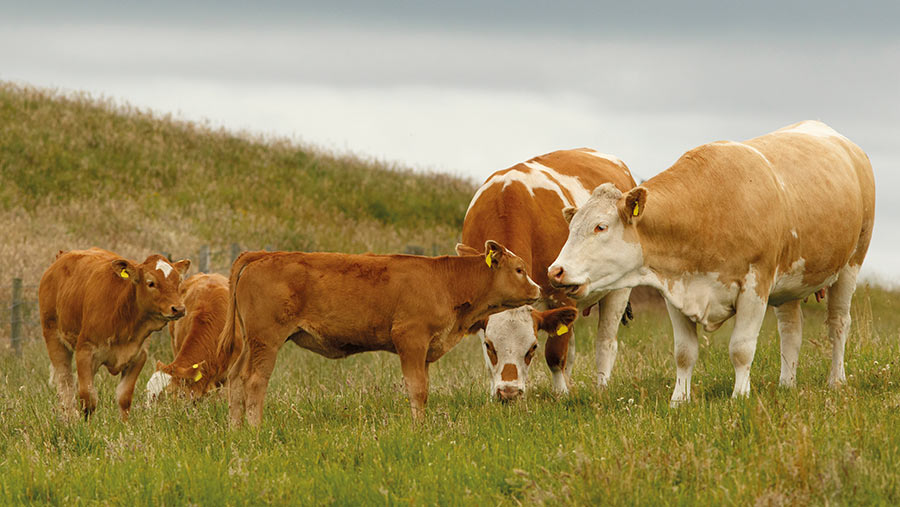Dutch cattle farms sealed off after BSE case
 Brais Seara/Adobe Stock
Brais Seara/Adobe Stock Government vets in the Netherlands have begun tracing and culling cattle after a cow carcass tested positive for bovine spongiform encephalopathy (BSE) in a Dutch abattoir.
The farm that supplied the nine-year-old cow was in the South Holland province and has been shut down while investigations continue.
See also: What has Rishi Sunak done for farming in his first 100 days?
According to Dutch agriculture minister Piet Adema, meat from the cow carcass did not enter the food chain, so there was no risk to human health.
Despite the low risk, neighbouring farms across the province have also been sealed off during the tracking and tracing process.
A statement by the Dutch government said that to date, 13 cattle had been identified as key risks and would be culled. The cow’s calf would also be culled and tested as a precaution.
Atypical variant
However, initial test results suggest the cow was suffering from an atypical variant of the disease. Scientists believe the variant is a naturally occurring form of the disease and carries a lower risk to human health than classical BSE.
Unlike the classical form, which emerged in Britain in the 1980s, the atypical variant is not spread via contaminated meat and bonemeal feeds.
The variant is also extremely rare, with cases occurring at a rate of one in a million cattle, according to the UK Animal and Plant Health Agency.
It is only the fourth case of the variant to occur in the Netherlands since 1997 and the first case of any BSE type in the country since 2011.
